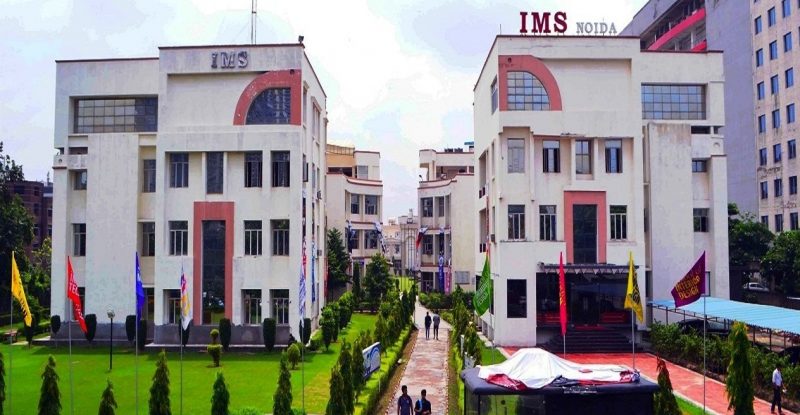1. Dedicated Courses: IMS Noida may offer specific courses or modules that focus on media ethics and responsible journalism. These courses could cover topics such as the principles of ethical reporting, understanding the role of media in society, handling sensitive information, and the importance of accuracy in reporting.
2. Case Studies: Real-world case studies might be integrated into the curriculum to help students analyze and discuss ethical dilemmas that journalists often face. This could include scenarios involving privacy concerns, conflicts of interest, sensationalism, and bias in reporting.
3. Ethical Decision-Making: Students might be taught frameworks for making ethical decisions in their journalism practice. This involves discussing various ethical theories and applying them to practical situations.
4. Guest Lectures: Inviting experienced journalists, media professionals, and experts in media ethics to deliver guest lecturers can provide students with insights into the challenges and ethical considerations in the field.
5. Workshops and Debates: Interactive workshops and debates could be organized to encourage students to critically think about ethical issues. These sessions can help students develop their own viewpoints and learn to respect differing perspectives.
6. Media Law and Ethics: Exploring the legal and ethical boundaries of media practice can be a part of the curriculum. This might involve discussions on defamation, libel, copyright, and the responsibilities that come with the freedom of the press.
7. Media Literacy: Educating students about media literacy can help them become responsible consumers of media content. This includes understanding how to identify fake news, biased reporting, and misinformation.
8. Ethical Reporting Projects: Assigning projects that require students to research and report on sensitive topics while adhering to ethical guidelines can provide practical experience in applying ethical principles.
9. Professional Codes of Ethics: Introducing students to establish codes of ethics in journalism (such as those from professional organizations like the Society of Professional Journalists) can help them understand industry standards.
10. Mock Scenarios: Simulating real-world scenarios where students have to make ethical decisions in a controlled environment can enhance their ability to handle ethical challenges in their careers.
IMS Noida’s approach to media ethics and responsible journalism may evolve over time to reflect the changing landscape of media and communication. To get the most accurate and up-to-date information, I recommend checking their official website, reaching out to the institution’s media studies department, or connecting with current students or alumni who can provide insights into the curriculum and its emphasis on ethics and responsibility.


